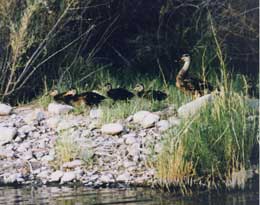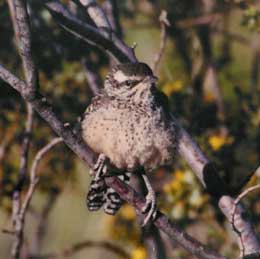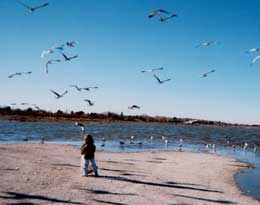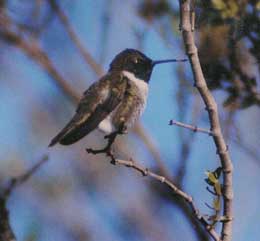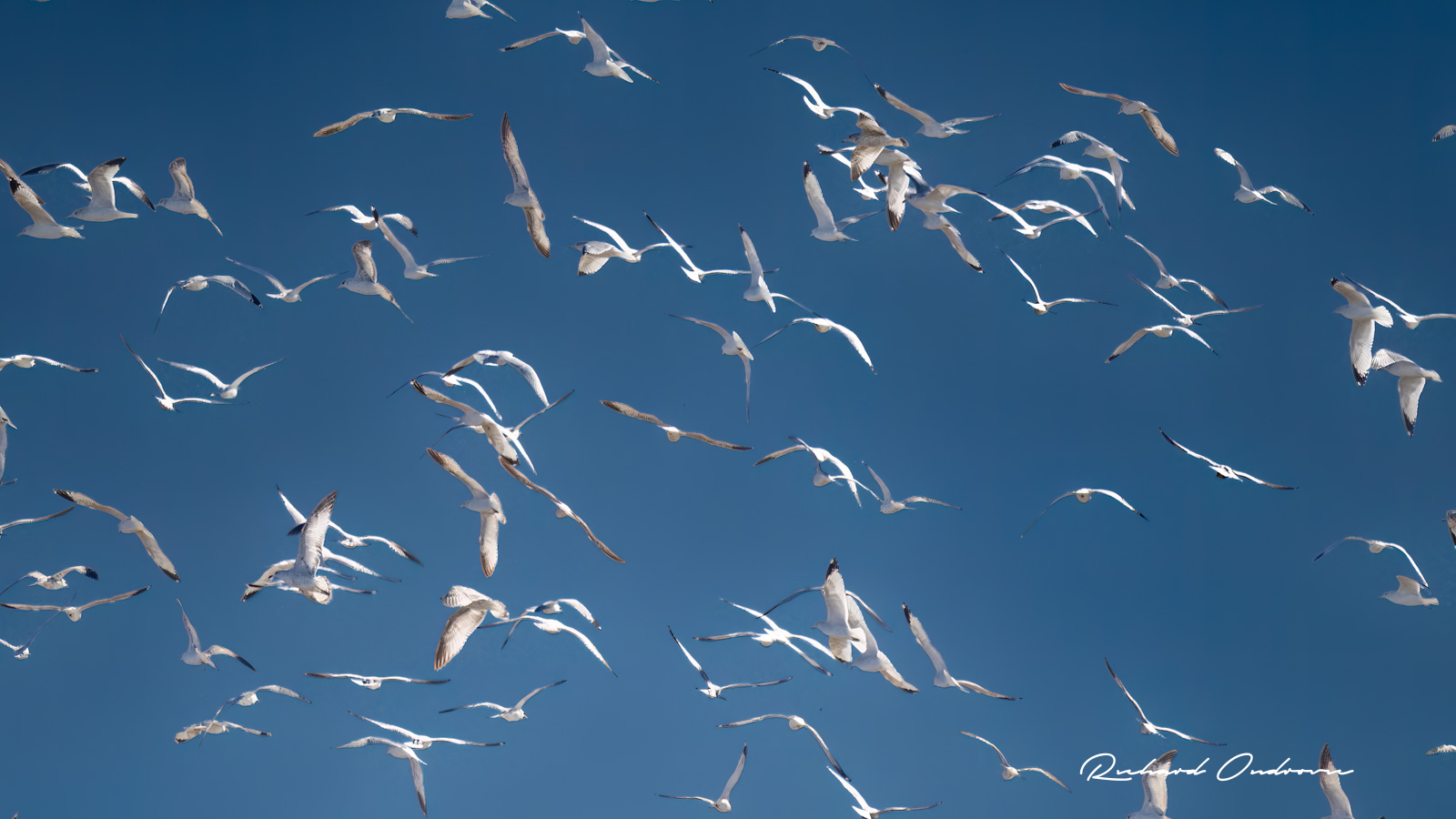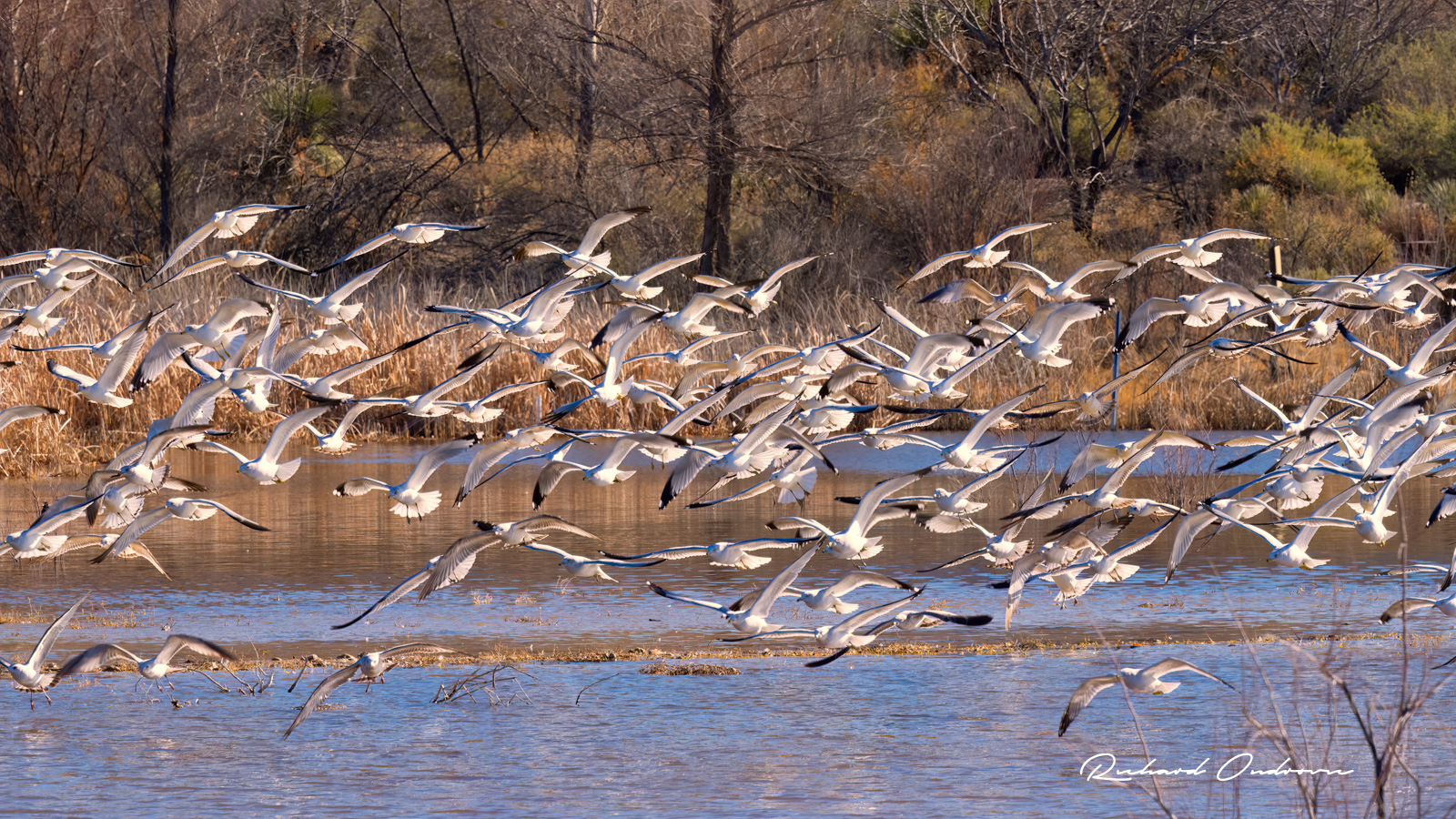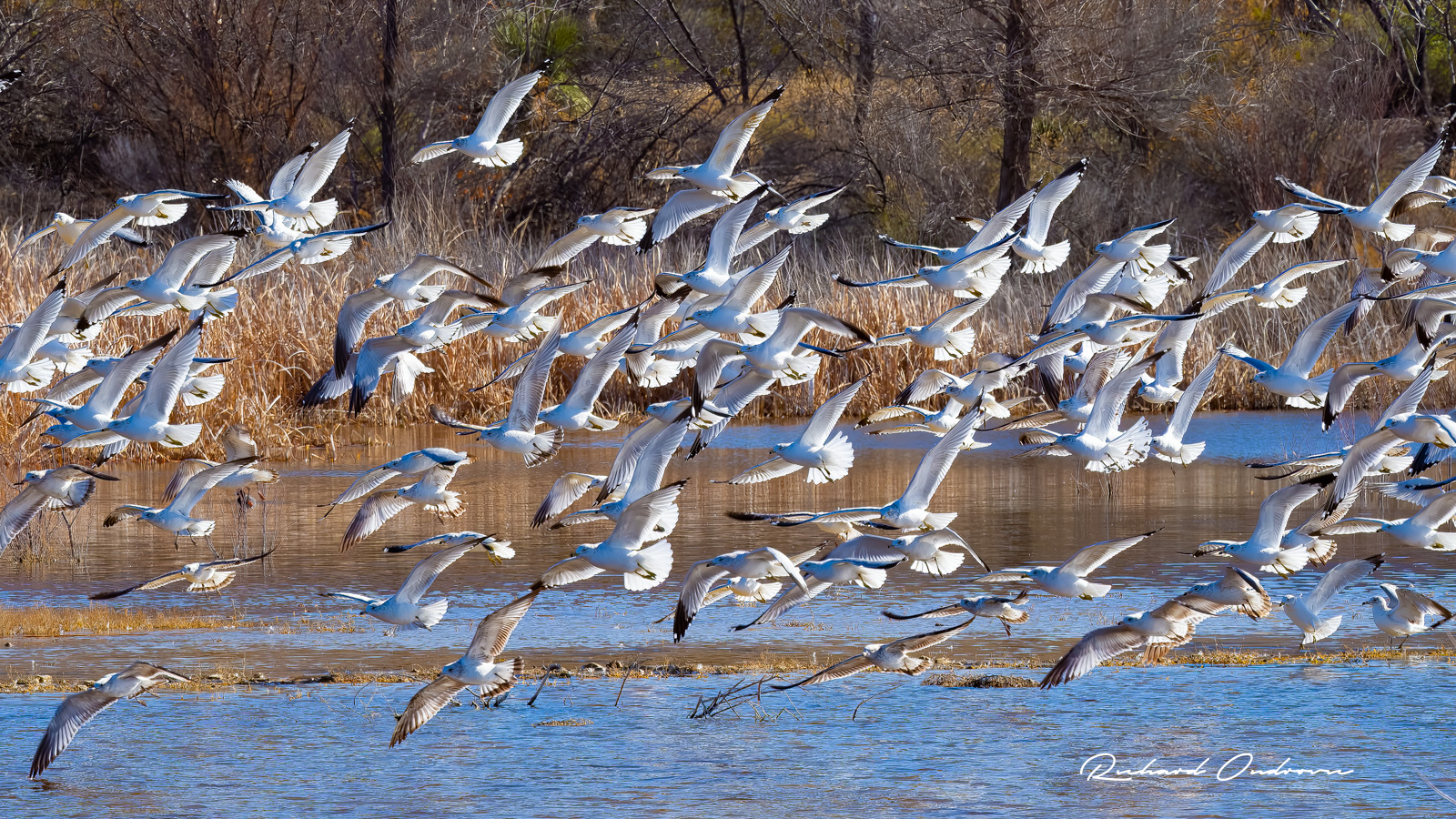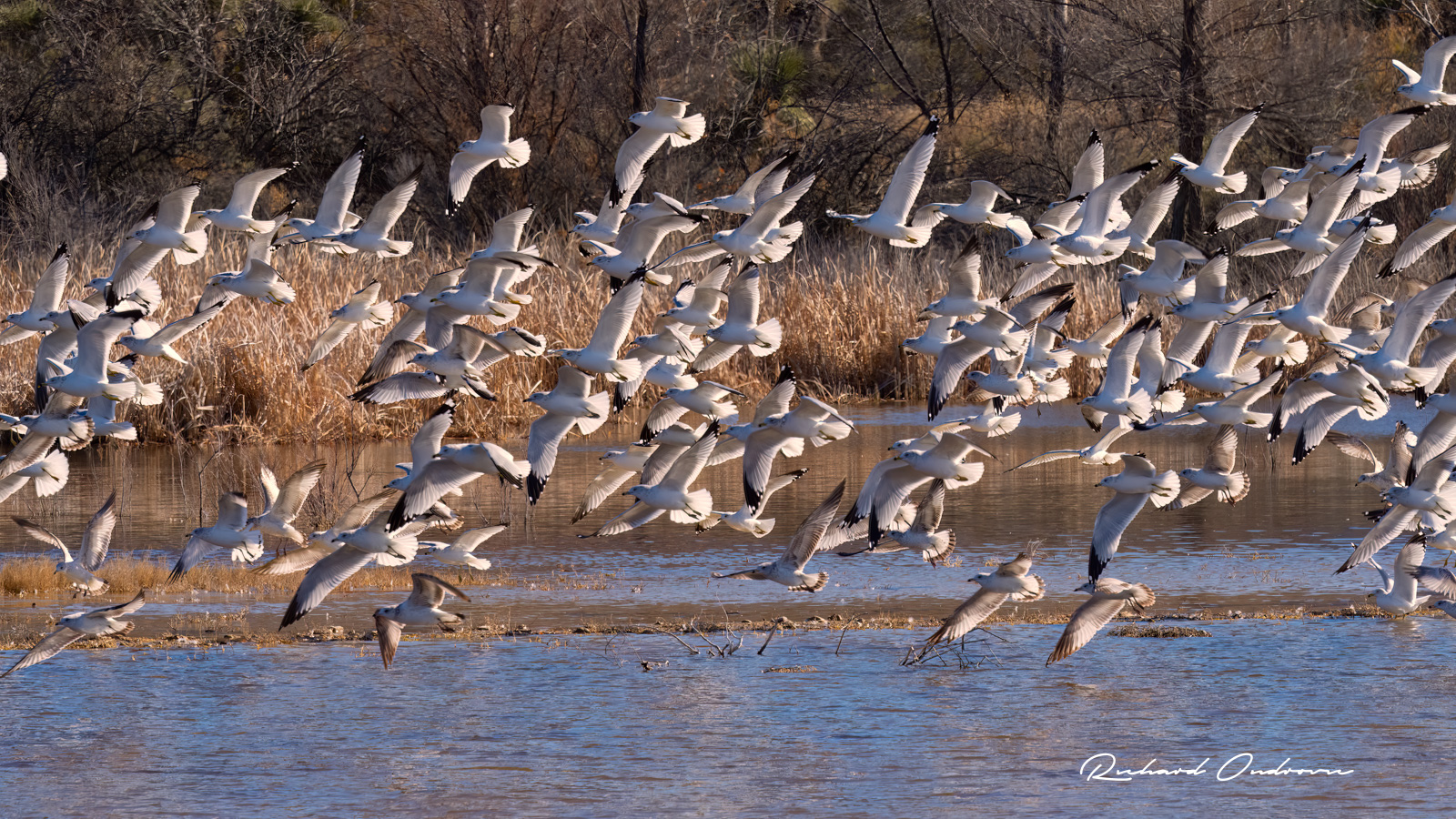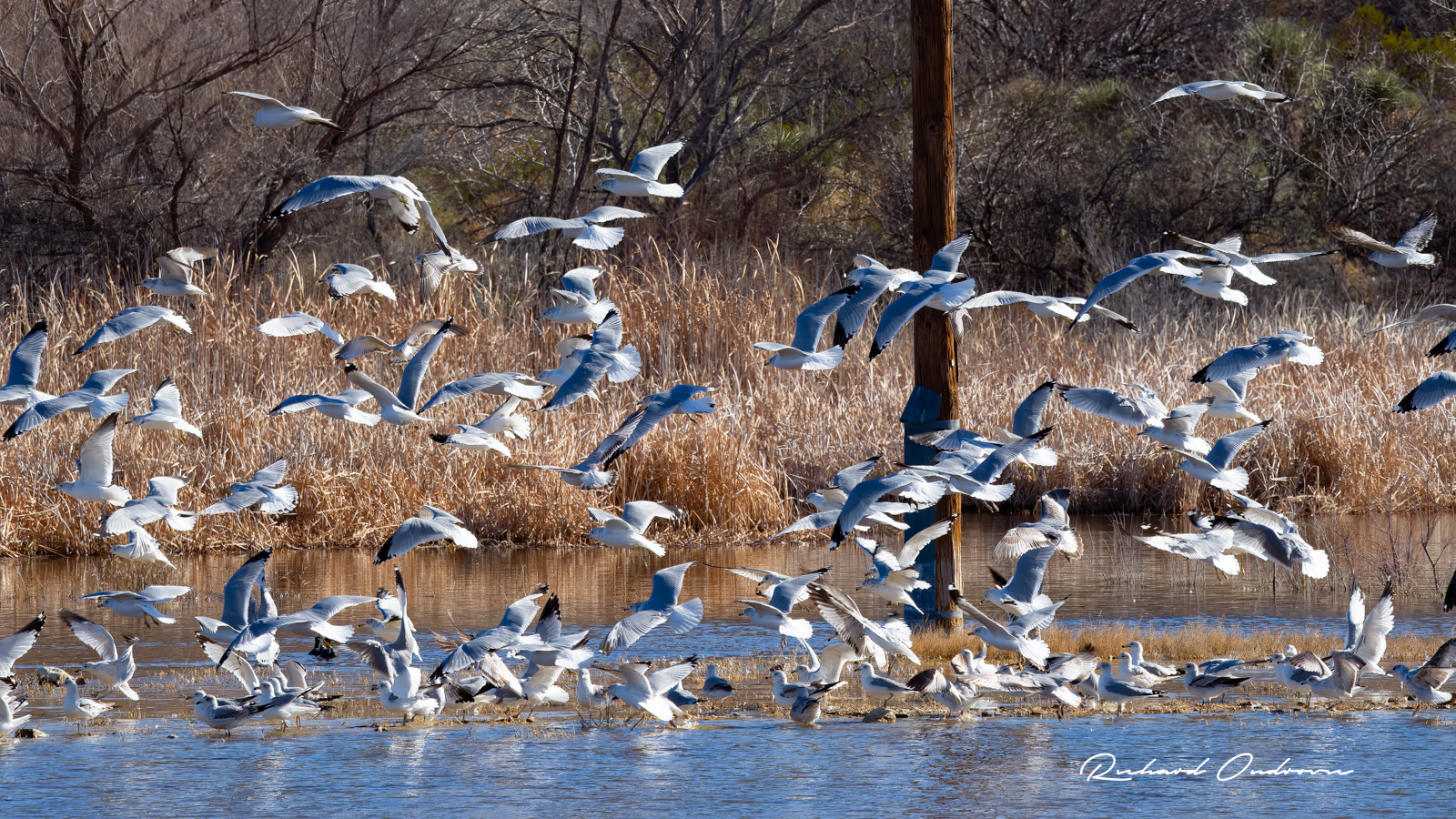Bird lovers everywhere can’t help but take flight when they visit the Keystone Wetlands and learn there are over 250 species of birds including multiple rare species such as the “Black Bellied Whistling Duck”, “Common Golden Eye”, “Common Merganser”, “Surf Scooter”, “Merlin”, “American Bittern and the “Virginia Rail” just to name a few.
The Importance of Bird Conservation by Melissa Mayntz
Non-birders may question why bird conservation is important and what difference it makes to the world at large. Avid birders and bird watchers know, however, that bird and wildlife conservation is critical to the richness and diversity of the planet we share with more than 10,000 species of birds.
Non-birders may question why bird conservation is important and what difference it makes to the world at large. Avid birders and bird watchers know, however, that bird and wildlife conservation is critical to the richness and diversity of the planet we share with more than 10,000 species of birds.
Ecology
Understanding bird conservation means understanding ecology. Wild birds are an integral part of the ecosystem and serve many important purposes, including:
- Insect and rodent population control
- Distribution of seeds that leads to forest conservation
- Food sources for bird predators
By studying and conserving birds, we can better understand the relationships between all living things on our planet and how the interactions of those relationships can affect humans directly.
Biodiversity
Birds are one of the most populous life forms on the planet, and that biodiversity leads to a richness of life and beauty. The incredible numbers of bird species demonstrate amazing evolutionary adaptations, and by learning how birds are able to adapt throughout the world we can begin to adapt our own behaviors to live in our world, rather than to force our world into an artificial and unsustainable mold.
Bird conservation can also highlight the diversity of different habitats. All birds cannot live in the same habitats, and understanding the needs and requirements of different species can lead us to have more compassionate tolerance for different peoples and cultures.
Appreciation
One of the simplest pleasures we get from bird and wildlife conservation is a genuine appreciation for our natural world. By participating in different programs and working to save unique species and habitats, we come into close contact with different birds and can discover their unique personalities and quirks. Even the common birds in our backyard can teach us appreciation of natural diversity as we learn that some pine siskins are more aggressive than others or that common ravens can work through problems with keen intelligence. By recognizing birds as unique and individual creatures, we can better understand the need for appropriate conservation efforts.
Awareness
Participating in one type of conservation program inevitably leads to a heightened awareness of other environmental and conservation issues. Birders interested in preserving one species of shore bird, for example, may discover that the reason the bird population is declining is due to contaminated water. That awareness of local pollution can lead to efforts for better water conservation that may in turn impact local beaches or drinking water.
Conscientious birders should be aware of a range of environmental issues, including:
- Pollution
- Habitat destruction
- Pesticide effects
- Endangered species
- Bird hunting regulations
- Predator populations
Each of these issues is interconnected and can impact birds in often unexpected ways. Large numbers of feral cats resulting from home foreclosures or animal shelter overcrowding, for example, can have an impact on local bird populations because of a greater number of predators. Birders who are aware of these and similar issues can take action to promote responsible bird conservation.
Education
Observing and conserving birds can teach us much more than the details of individual bird species. By observing birds in flight, aeronautical engineers can design more efficient airplanes. Climatologists who study birds’ migration patterns can gain a better understanding of seasonal climate changes. Psychologists familiar with birds’ courtship rituals and community interactions can better understand complex group dynamics. By conserving birds and protecting their habitats, we can continue to gain insights from our avian friends.
Article by Melissa Mayntz who has been birding for more than 20 years and is developing her urban backyard into a certified bird wildlife habitat.
